Egypt
ancient, pyramids, pharaohs, nile, desert
About Egypt
Culture and Religion
Where to go
How to get there
Visa Requirements
Travelling Budget
About Egypt
Egypt, one of the world’s oldest civilizations, is a country rich in history, culture, and natural wonders. Located in North Africa, Egypt is most famous for its ancient landmarks, including the iconic pyramids of Giza, the Sphinx, and the Temple of Karnak.
The ancient Egyptians were known for their sophisticated architectural achievements, which can still be admired today. The pyramids, built as tombs for the pharaohs, have stood for thousands of years as a testament to their advanced engineering skills. The Nile River, also a significant part of Egyptian history, provided fertile land for agriculture and served as a transportation route.
Egyptian culture is deeply rooted in its ancient past. Hieroglyphics, the ancient Egyptian writing system, are a unique aspect of the culture that has fascinated people for centuries. The rich mythology and religious beliefs, such as the worship of gods like Ra and Osiris, also played a significant role in shaping Egyptian society.
In addition to its historical and cultural heritage, Egypt boasts stunning natural beauty. The Red Sea coast is renowned for its vibrant coral reefs, attracting divers and snorkelers from around the world. The White Desert, with its surreal limestone formations, offers a unique and otherworldly landscape.
Egypt’s capital, Cairo, is a bustling metropolis where ancient and modern seamlessly coexist. The city offers a mix of traditional markets, known as souks, along with modern shopping malls and cosmopolitan restaurants. The Egyptian Museum in Cairo houses an extensive collection of ancient artifacts, including the famous treasures of Tutankhamun.
Egyptian cuisine is a delight for food lovers, with dishes such as koshary, falafel, and ful medames being popular staples. The traditional drink, hibiscus tea, is refreshing and often enjoyed with a traditional sweet treat called basbousa.
Overall, Egypt is a captivating country, where every corner is steeped in ancient history and the spirit of an incredible civilization that continues to influence the world today.
Culture and Religion
Egypt’s culture and religion are deeply intertwined, creating a unique and captivating blend of traditions and beliefs. With a history spanning thousands of years, Egypt has been shaped by various civilizations, including the ancient Egyptians, Arabs, Copts, and Muslims.
Religion plays a central role in Egyptian society. The majority of Egyptians are Muslims, with Islam being the state religion. Islam not only guides personal beliefs and practices but also influences the legal system and social norms. Mosques dot the Egyptian landscape, and the call to prayer resonates throughout the country. Islamic festivals, such as Ramadan and Eid al-Fitr, are widely celebrated, bringing families and communities together.
Alongside Islam, Coptic Christianity is also prominent in Egypt. The Coptic Orthodox Church, one of the oldest Christian communities in the world, has a significant presence. Coptic Christians celebrate their distinct traditions and have their own calendar of religious festivals.
Egyptian culture, heavily influenced by its ancient heritage, is a fusion of diverse elements. The country’s archaeological treasures, including monumental pyramids, temples, and tombs, are reminders of its magnificent past. Egyptian folklore and mythology are still cherished, with legends of gods, pharaohs, and epic tales passed down through generations.
Egyptian art, characterized by intricate hieroglyphics, colorful murals, and meticulous craftsmanship, is highly prized. Traditional crafts like pottery, weaving, and woodwork continue to thrive, showcasing the skills and creativity of Egypt’s artisans.
Music and dance are beloved forms of expression in Egyptian culture. From the hypnotic rhythms of traditional folk music to the graceful movements of belly dancing, the arts play a vital role in Egyptian life. Festivals and events often feature lively performances, captivating locals and tourists alike.
Cuisine is another integral part of Egyptian culture. Staple dishes such as ful medames (mashed fava beans), koshary (a hearty mix of pasta, rice, lentils, and sauces), and kebabs offer a rich tapestry of flavors influenced by neighboring Middle Eastern and Mediterranean cuisines.
Egypt’s culture and religion intertwine to create a vibrant and diverse society, where ancient traditions live alongside modern influences, shaping the identity of this remarkable nation.
Where to go

The Great Pyramids of Giza
This iconic landmark is a must-visit when in Egypt. Explore the massive structures and marvel at the ancient engineering and architectural prowess of the pyramids, including the Pyramid of Khufu, Pyramid of Khafre, and Pyramid of Menkaure. Don’t forget to visit the Sphinx nearby.
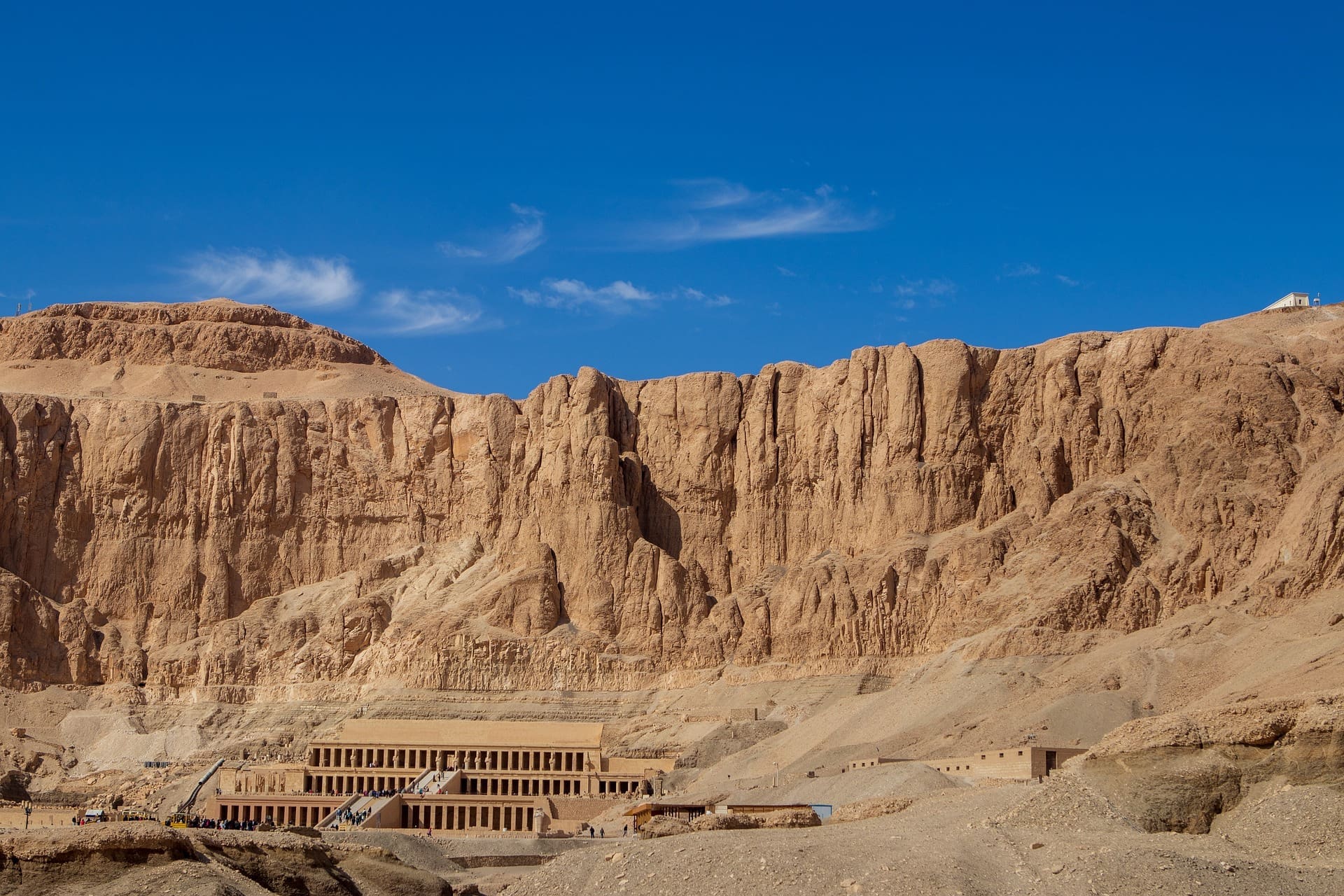
Luxor's Ancient Temples and Valley of the Kings
Luxor is the site of numerous ancient temples and the final resting place of many pharaohs. Explore the grandeur of temples like Karnak Temple and Luxor Temple. Then, discover the Valley of the Kings, where intricately decorated tombs of ancient Egyptian rulers are located.
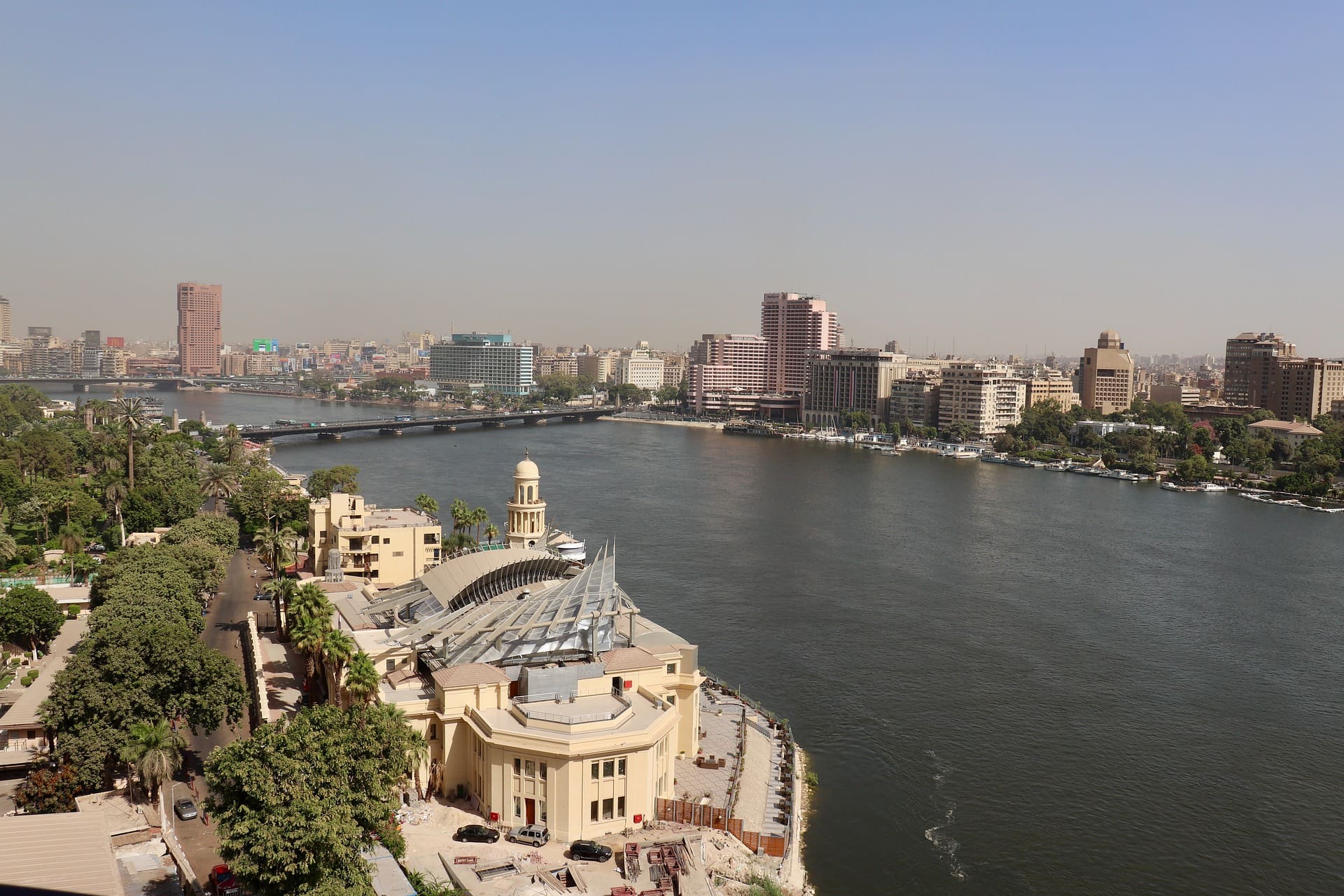
Nile River Cruise
Embark on a relaxing cruise along the legendary Nile River, taking in the breathtaking landscapes of the Nile Valley. Enjoy the serene scenery, visit ancient temples and traditional villages along the way, and witness the daily life and culture of the communities that reside on the banks of the river.

Red Sea's Underwater World
Explore the vibrant underwater world of the Red Sea, renowned for its magnificent coral reefs and diverse marine life. Snorkel or scuba dive in popular resort towns like Hurghada or Sharm El Sheikh, where you can swim alongside colorful fish, encounter dolphins, and discover mesmerizing coral formations.
Note: These are just a few highlights, and Egypt offers countless other attractions and experiences, such as the Egyptian Museum in Cairo, the White Desert’s unique landscapes, and the bustling bazaars of Khan El Khalili.
How to get there
Getting to Egypt is relatively straightforward due to its location in North Africa and its well-connected transportation systems. Here are some common ways to reach Egypt:
1. By Air: The most convenient way to reach Egypt is by flying to one of its major international airports, such as Cairo International Airport or Hurghada International Airport. These airports receive direct flights from various cities around the world, including major hubs in Europe, Asia, Africa, and the Americas.
2. By Sea: Egypt is accessible by sea through its Mediterranean and Red Sea ports. Cruise ships often make stops in popular coastal destinations like Alexandria and Port Said.
3. By Land: If you are coming from a neighboring country, entering Egypt by land is an option. Egypt shares borders with Libya, Sudan, Israel, and Palestine. However, it is important to check visa requirements, border regulations, and security conditions before attempting a land border crossing.
4. By Train or Bus: Egypt has an extensive railway network connecting its major cities, making train travel a viable option within the country. You can also reach Egypt by bus from neighboring countries such as Jordan, Israel, or Sudan.
Once you arrive in Egypt, several domestic flights, buses, and trains can take you to different regions and cities within the country. Taxis, private transfers, and rental cars are also available for convenient local transportation.
It is always recommended to check visa requirements, flight availability, and travel advisories before planning your trip to Egypt.
Visa Requirements
Visa requirements for Egypt vary depending on your nationality and the purpose and duration of your visit. Here is some general information regarding visa requirements for Egypt:
1. Tourist Visa: Most travelers visiting Egypt for tourism purposes need to obtain a tourist visa. Typically, this visa allows for a stay of up to 30 days, but it can often be extended for additional fees and paperwork. You can obtain a tourist visa upon arrival at Egyptian airports and major ports of entry, or you can apply for an e-visa before your trip through the official Egyptian e-visa portal.
2. Visa-Free Entry: Some nationalities are exempt from obtaining a visa and are eligible for visa-free entry to Egypt for a limited duration. Citizens of select countries such as the United States, Canada, the United Kingdom, Australia, and many EU countries are eligible for visa-free entry for up to 90 days. However, it is always advisable to check the latest information and any updates from the Egyptian embassy or consulate in your country.
3. Work and Residence Permits: If you are planning to work or reside in Egypt for an extended period, you will need to obtain the necessary work or residence permits. These permits require additional documentation, such as employment contracts or proof of investment, and must be obtained prior to arrival in Egypt.
It is essential to check the specific visa requirements and regulations applicable to your nationality with the Egyptian embassy or consulate in your home country or through reputable visa service providers. Visa requirements can change, so it is recommended to stay updated on any updates or changes before traveling to Egypt.

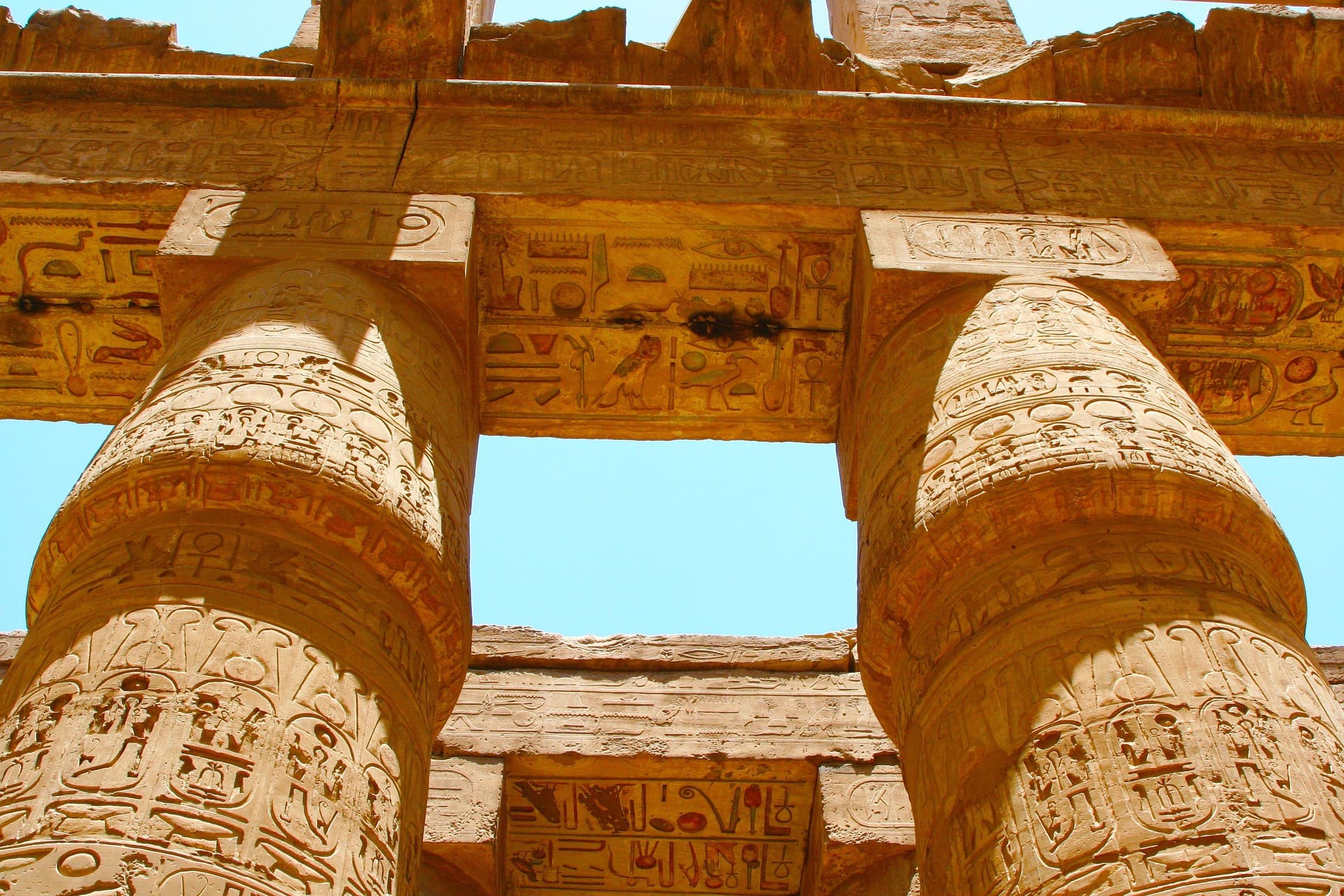
Travelling Budget
The cost of traveling to Egypt can vary depending on various factors, such as your travel style, accommodation choices, dining preferences, and desired activities. Here is some general information to give you an idea of the budget required for a trip to Egypt:
1. Accommodation: The cost of accommodation in Egypt can vary greatly depending on the type and location of the property. Budget travelers can find budget hotels, guesthouses, or hostels starting from around $10-20 per night. Mid-range hotels typically range from $30-80 per night, while luxury hotels or resorts can go well beyond $100 per night.
2. Transportation: Public transportation in Egypt is relatively affordable. Taking local buses or trains between cities can cost between $5-20, depending on the distance. Taxis or ride-hailing services like Uber are also available in urban areas and are reasonably priced. Domestic flights within Egypt can be more expensive, with prices varying depending on the route and timing.
3. Food: Eating out in Egypt can be quite inexpensive, especially if you opt for local street food or small local eateries. Expect to spend around $5-10 for a basic meal at a local restaurant, while dining in mid-range or higher-end restaurants can cost anywhere from $15-40 per person.
4. Entrance Fees and Activities: Egypt is renowned for its historical sites and attractions, which often require entrance fees. The cost of entrance tickets varies based on the site and whether you opt for additional services or guided tours. It is recommended to budget approximately $5-20 per attraction.
5. Miscellaneous Expenses: It’s also good to have some additional budget allocated for miscellaneous expenses such as bottled water, souvenirs, tips, and optional activities like camel rides or boat trips along the Nile.
Overall, a budget traveler can expect a daily average of around $40-60 for basic accommodation, meals, transportation, and entrance fees in Egypt. However, this is just a rough estimate, and your actual expenses may vary depending on your specific travel choices and preferences.
What makes your journey easier
Everything you need to know about what to bring to make your travels easier, more safe and fun
Be Mindfull
Gadgets
Gear
Insurance
Visa


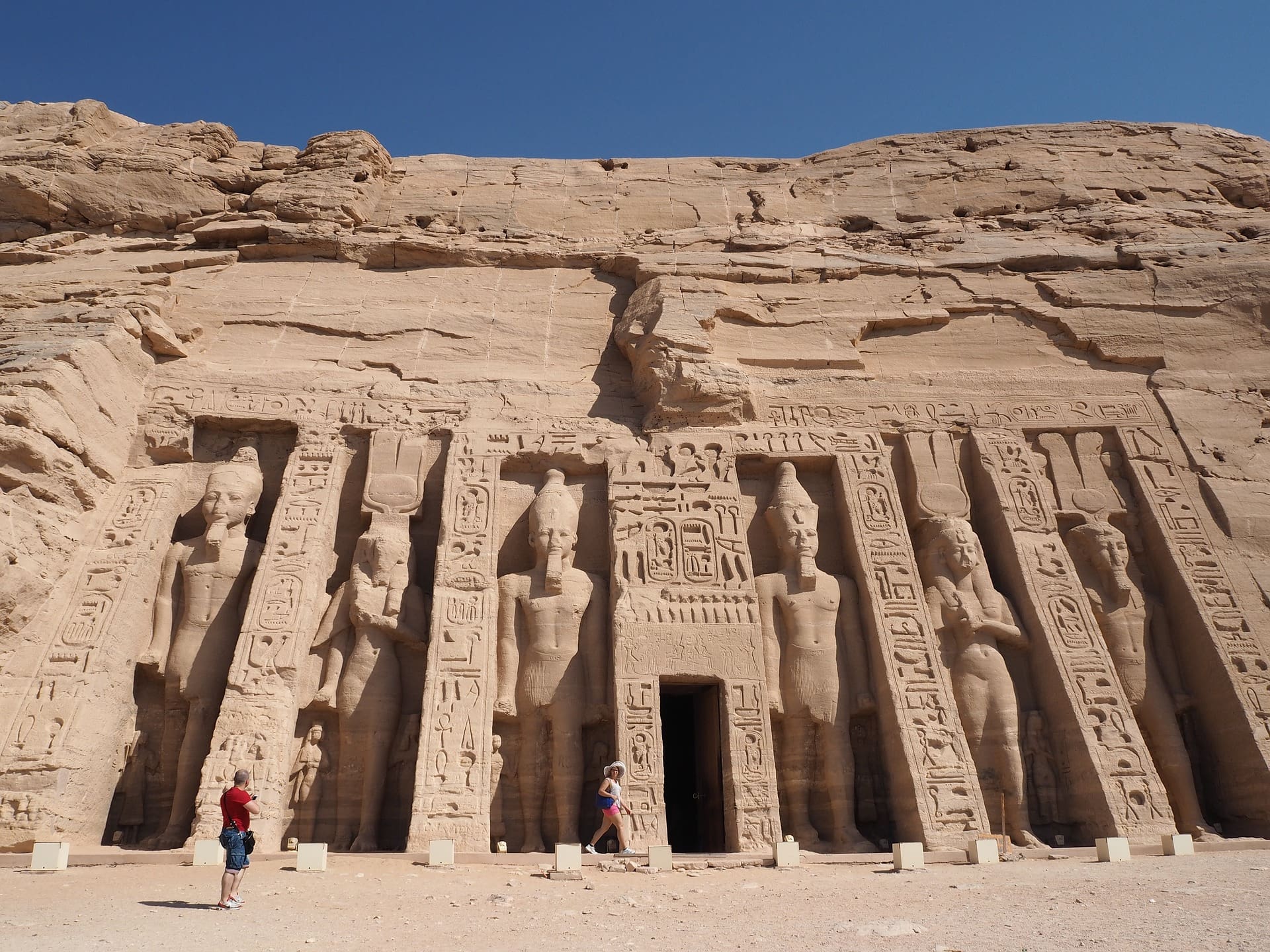



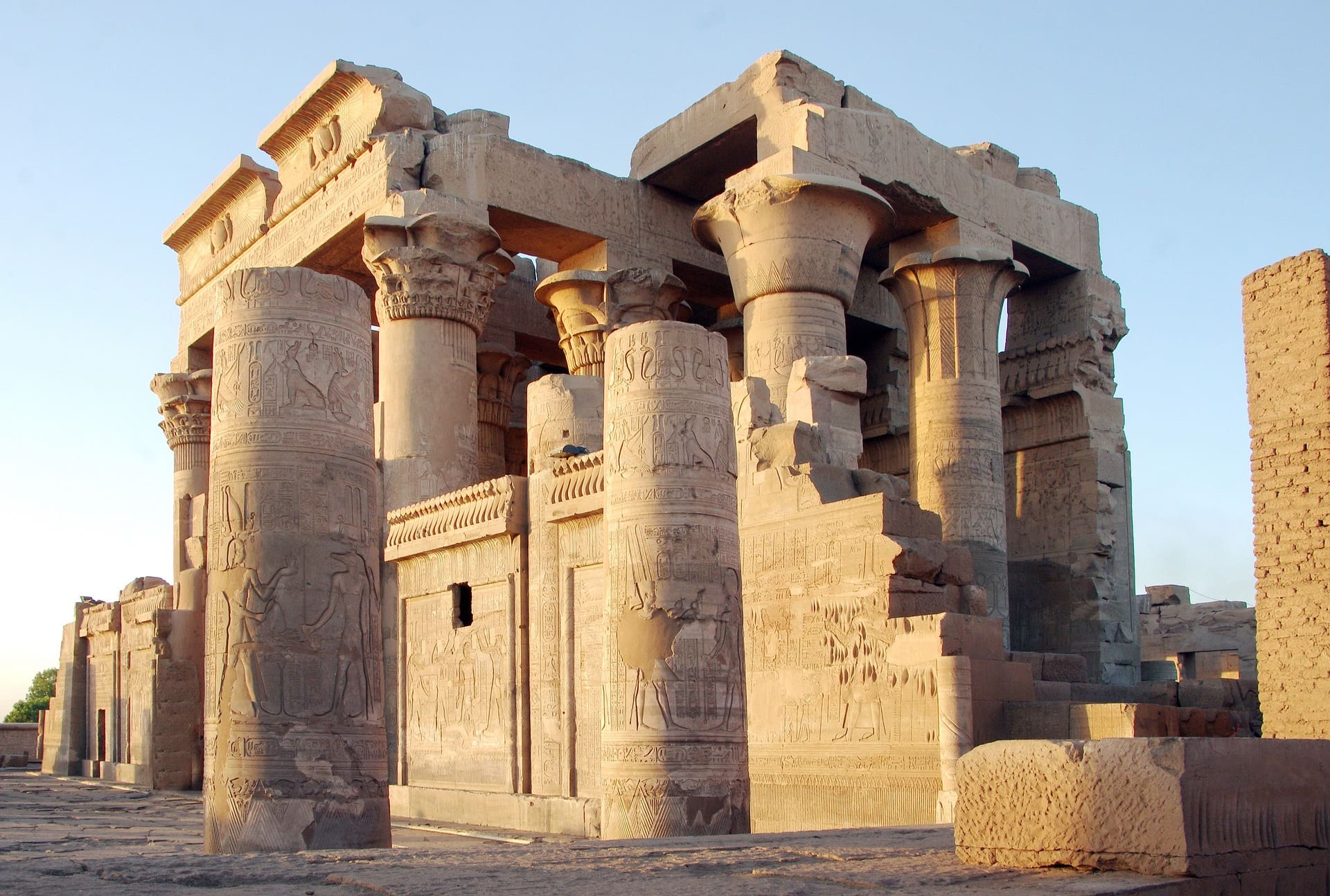
![Egypt 2x [nile river]](https://travelhd.nu/wp-content/uploads/2023/08/Egypt-2x-nile-river-scaled.jpg)


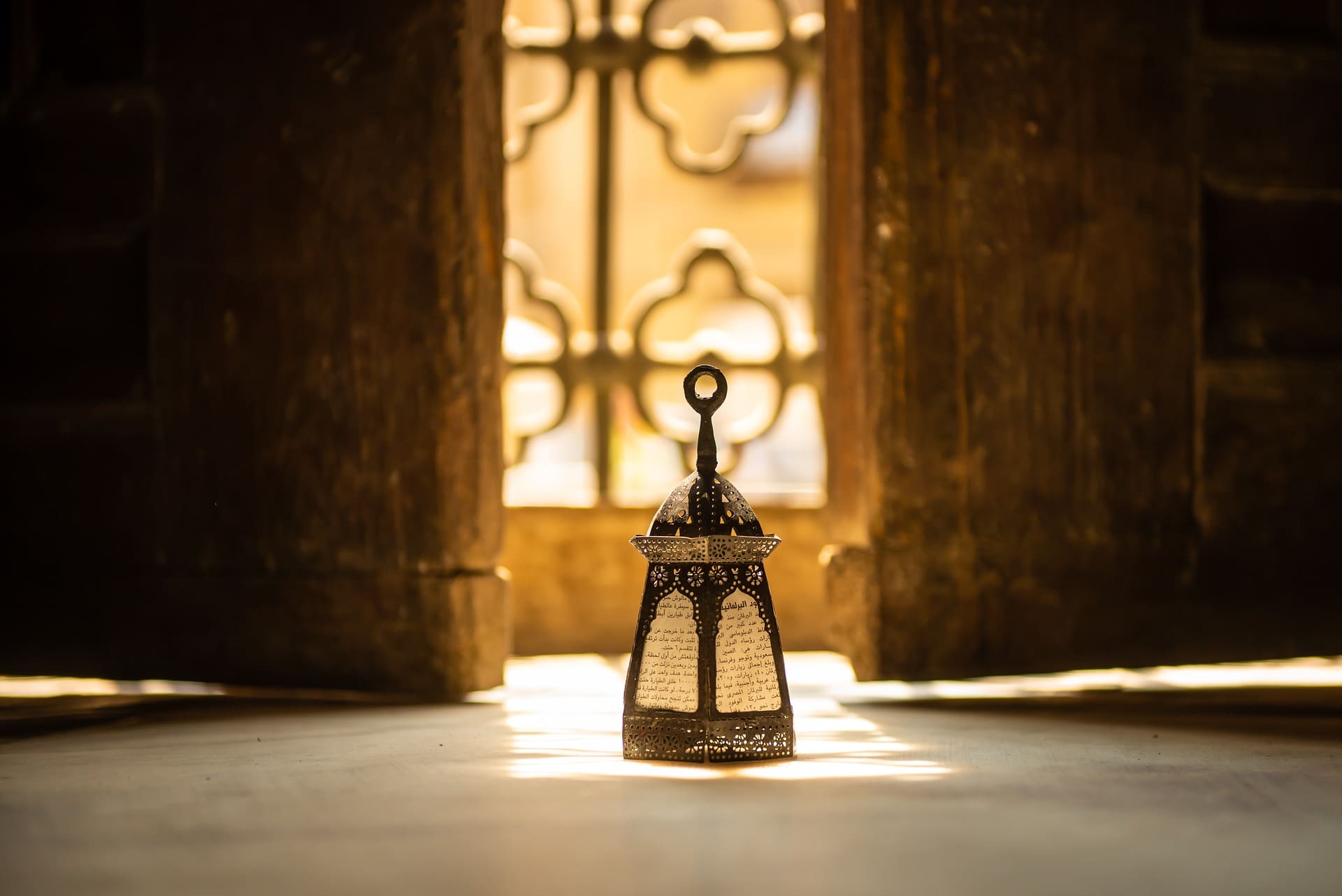
![Egypt 4x [hurghada]](https://travelhd.nu/wp-content/uploads/2023/08/Egypt-4x-hurghada-scaled.jpg)

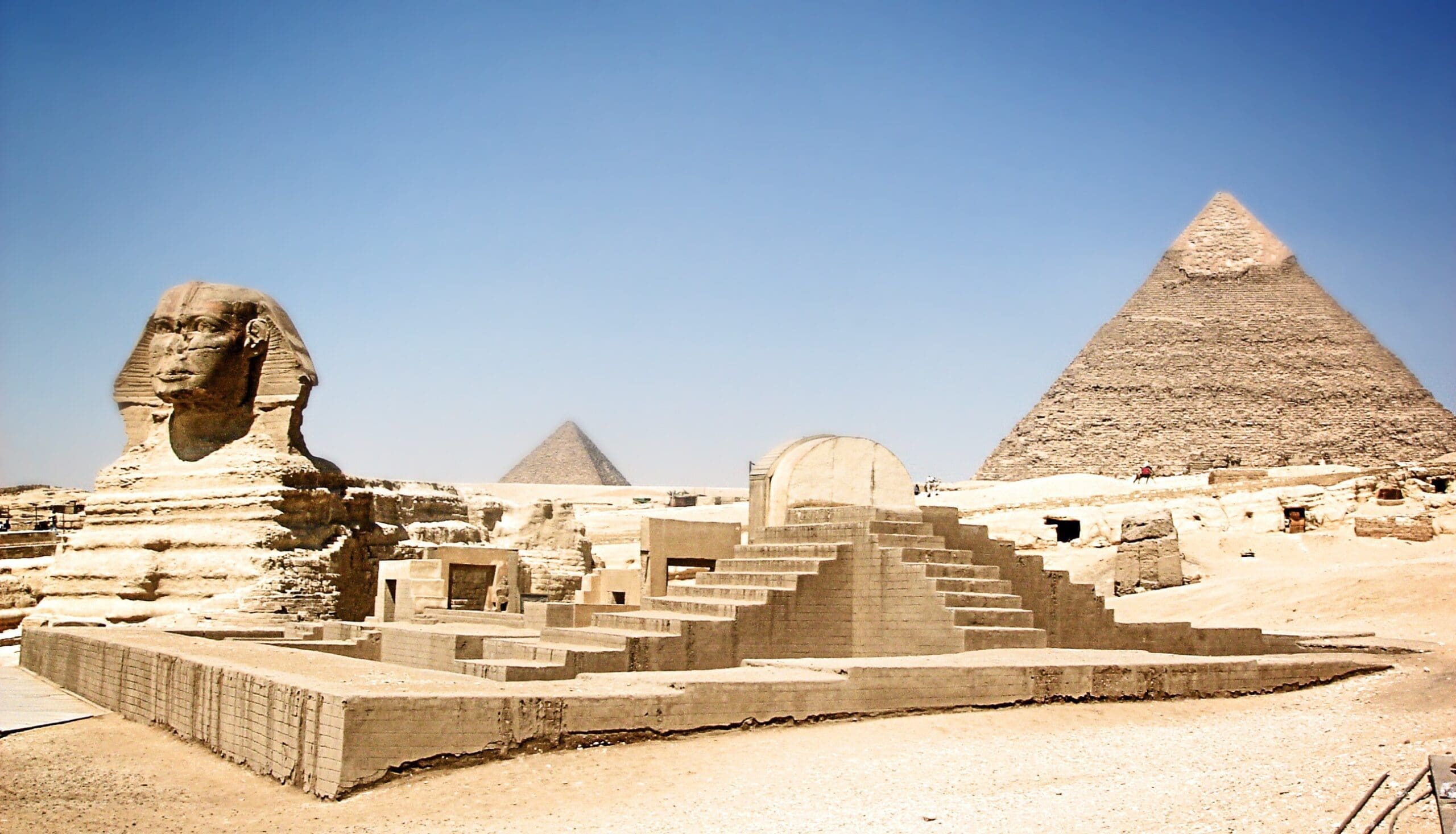
![Egypt 3x [nile river]](https://travelhd.nu/wp-content/uploads/2023/08/Egypt-3x-nile-river.jpg)









